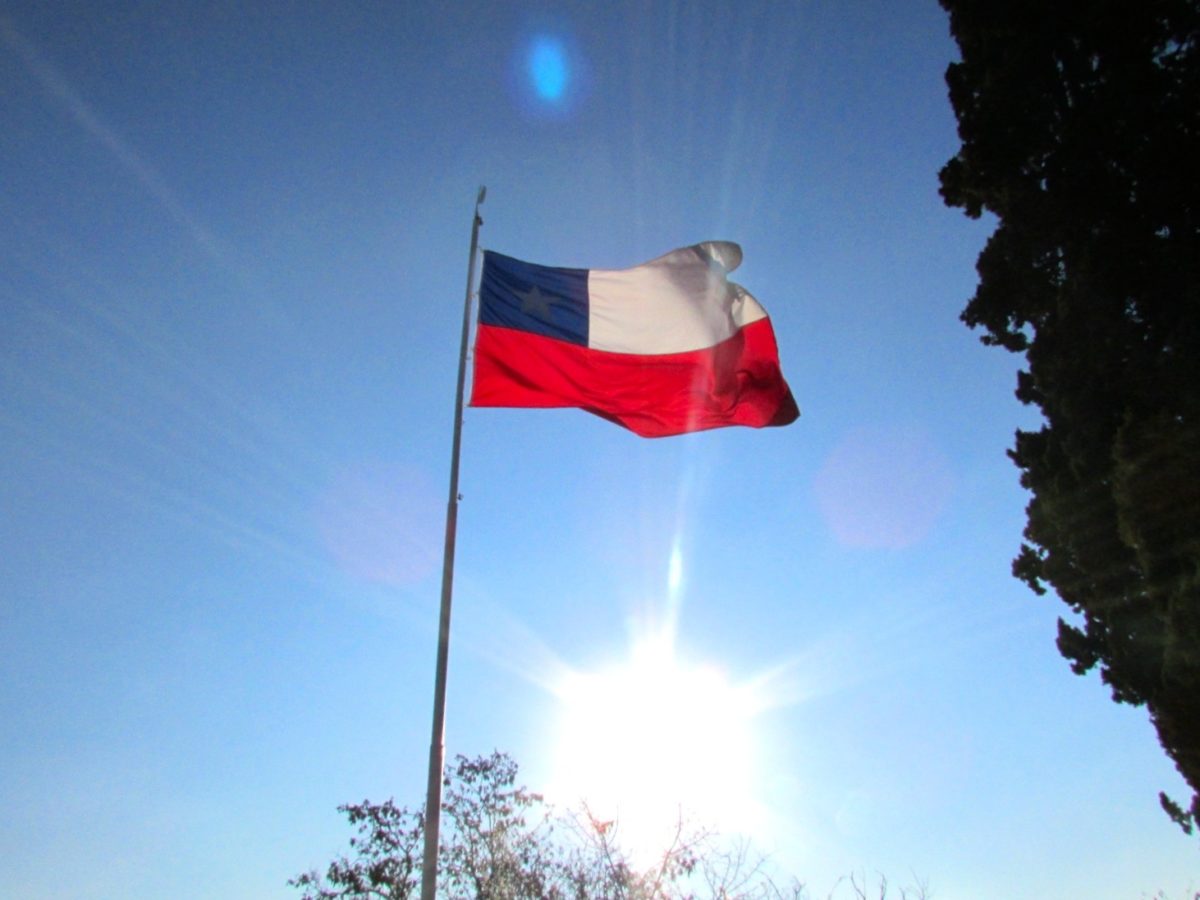The Chilean government has published new rules for distributed generation, self-consumption solar systems which include the option of creating energy communities.
The provisions, which will come into effect on November 6, will introduce the possibility of systems with a generation capacity no larger than 300 kW to supply power for multiple consumers. Such energy communities will enable users to co-ordinate a shared PV array with a single grid connection to inject surplus power back into the electricity network.
The new rules also allow for small systems to be connected at different locations from their consumer and outline an improved net billing payment system.
Chilean minister for energy Juan Carlos Jobet said the country needs an efficient, sustainable energy sector to help kick-start its economic recovery after the Covid-19 crisis.
“In this sense, this regulation – which was set up through a participatory process – allows us to continue promoting Chile's great potential in the field of renewable energy through robust regulations that allow the development of projects,” said the minister.
The limitations of the current net billing system are one of the reasons for the disappointing progress of small scale solar in Chile to date.
This content is protected by copyright and may not be reused. If you want to cooperate with us and would like to reuse some of our content, please contact: editors@pv-magazine.com.



3 comments
By submitting this form you agree to pv magazine using your data for the purposes of publishing your comment.
Your personal data will only be disclosed or otherwise transmitted to third parties for the purposes of spam filtering or if this is necessary for technical maintenance of the website. Any other transfer to third parties will not take place unless this is justified on the basis of applicable data protection regulations or if pv magazine is legally obliged to do so.
You may revoke this consent at any time with effect for the future, in which case your personal data will be deleted immediately. Otherwise, your data will be deleted if pv magazine has processed your request or the purpose of data storage is fulfilled.
Further information on data privacy can be found in our Data Protection Policy.